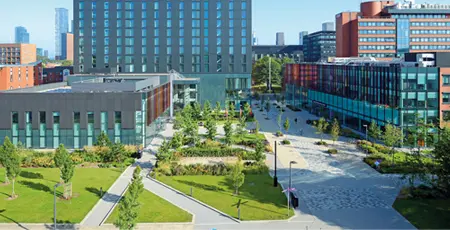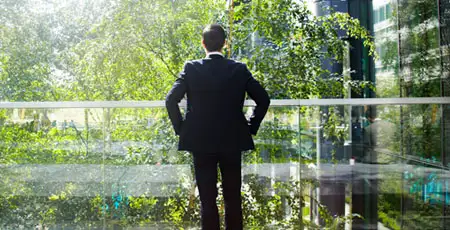The Time is Now
We are at a key moment in the development of business and management.
Concern about whether orthodox business and economic thinking ultimately contributes towards human flourishing isn’t new.
Twenty years ago, Amartya Sen called for new measures of economic and social progress to realign economic activity with more valuable human ends. What has changed is the unprecedented levels of dissatisfaction with our established economic narrative, both in terms of the way wealth is generated and the way it is distributed.
As the reflections in this magazine of some of this year’s BAM conference panellists affirm, the idea that businesses don’t need to concern themselves with doing good (beyond abiding by the law), because pursuing economic interests unintentionally produces social benefit, is outmoded. We need to reimagine how a broader social purpose can be incorporated into commercial activity and corporate governance structures, in a more fundamental way than our discussions of CSR and ESG have been able to offer.
This will undoubtedly require further debate on what “doing good” means, but as Quinetta Roberson infers in this issue, the Universal Declaration of Human Rights provides us with at least some consensus on what this might involve. Indeed both the United Nations Guiding Principles on Business and Human Rights and the Sustainable Development Goals articulate clear benchmarks for evaluating how corporate activity impacts people and planet.
Measuring good
Perhaps unsurprisingly as an accountant I agree with Tera Allas and Sasha Sadan in their interviews, in which they say that the greater challenge isn’t what it means to do good, but how you measure doing good.
The Institute of Chartered Accountants in England & Wales, for example, has been grappling with this question through their thought leadership project “So what is economic success?
Going beyond GDP and profit.” The fundamental question is whether the problem is one of market failure that can be fixed by better incorporating social and environmental risks into asset prices, or whether it’s a zeitgeist problem that will require the re-imagination of a new paradigm altogether.
In February 2022 the European Commission published its draft directive on human rights and environmental due diligence that explicitly requires company directors to consider “human rights, climate, and environmental consequences” while acting in the best interest of a company.
In the same month the UK government launched its Levelling Up White paper outlining what it called “a moral, social and economic programme for the whole of government”. And in March the IFRS’ International Sustainability Standards Board launched a consultation on its first two standards on “general sustainability-related disclosure requirements” and “climate related disclosure requirements.”
We need to reimagine how a broader social purpose can be incorporated into commercial activity and corporate governance structures.
Important time
It really does seem like we are at an important time in the development of business and management. As others in this issue argue, we need to ensure both that our research questions are relevant to the pressing challenges afflicting the world but also that our findings inform policy development.
The BAM 2022 conference will provide a stimulating platform for us to discuss and debate these issues, but we want the debate to continue beyond the conference. Indeed the British Journal of Management will be publishing a special issue on “Reimagining business and management as a force for good”, mirroring the theme of this year’s BAM conference.
If you have a project that fits the theme of the conference and is marked by engaged scholarship, I would encourage you to submit a paper to the special issue.






